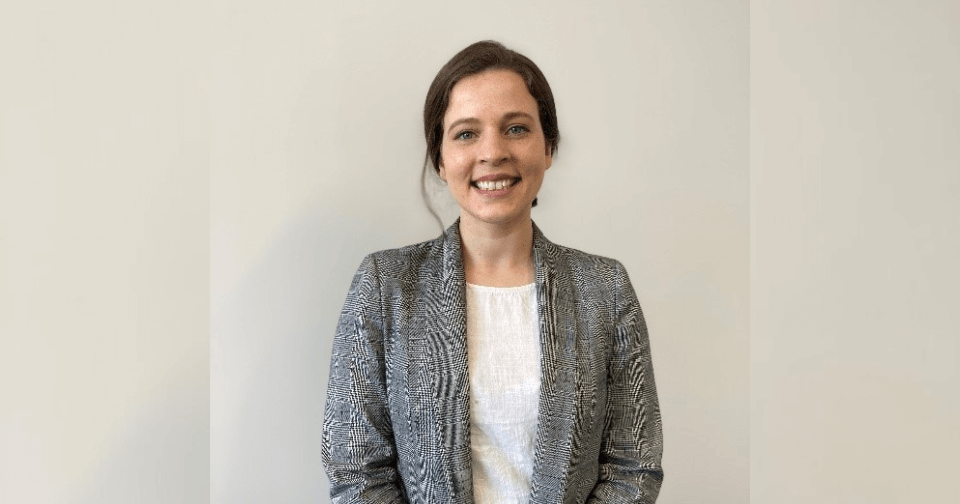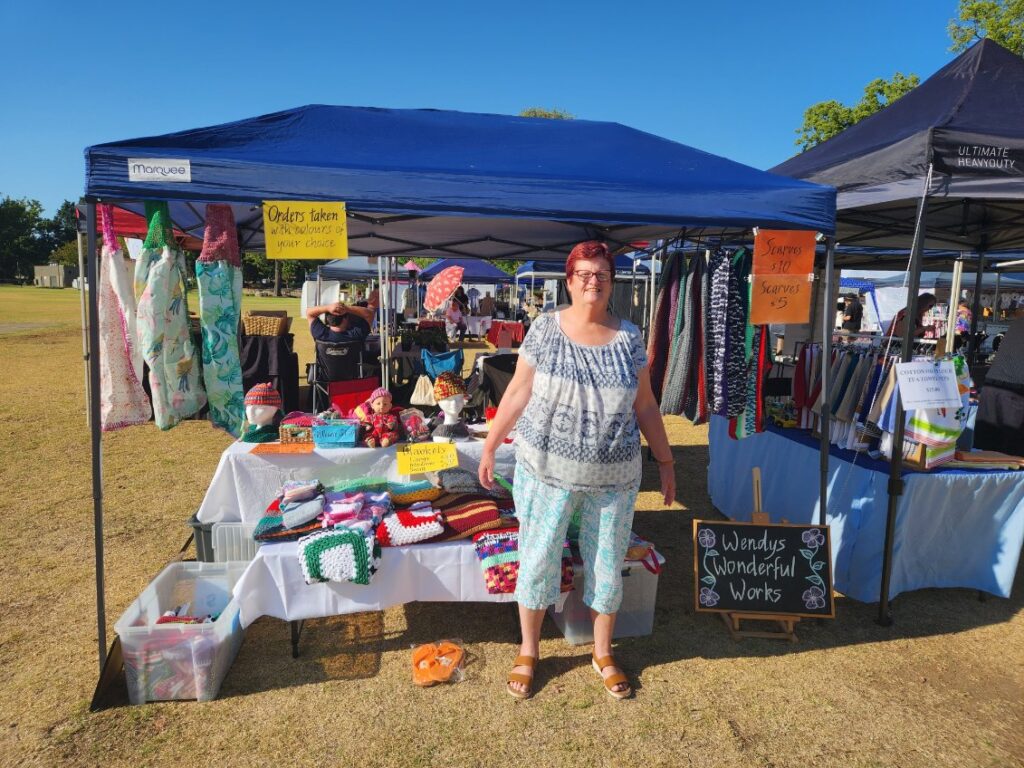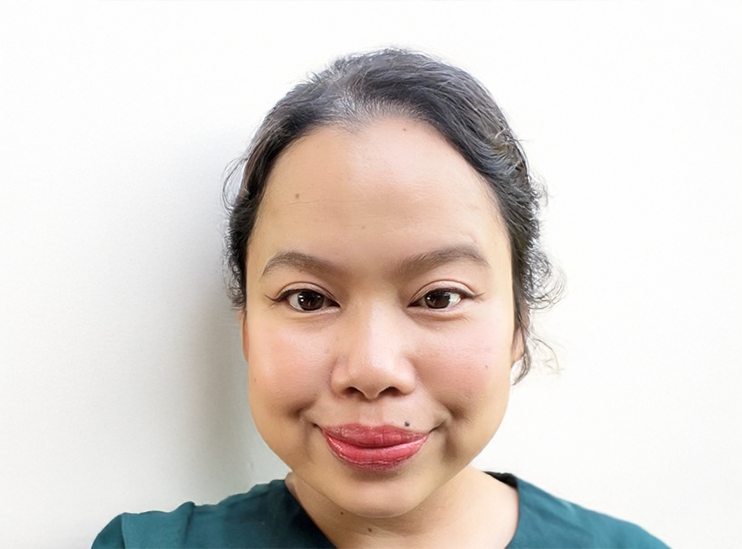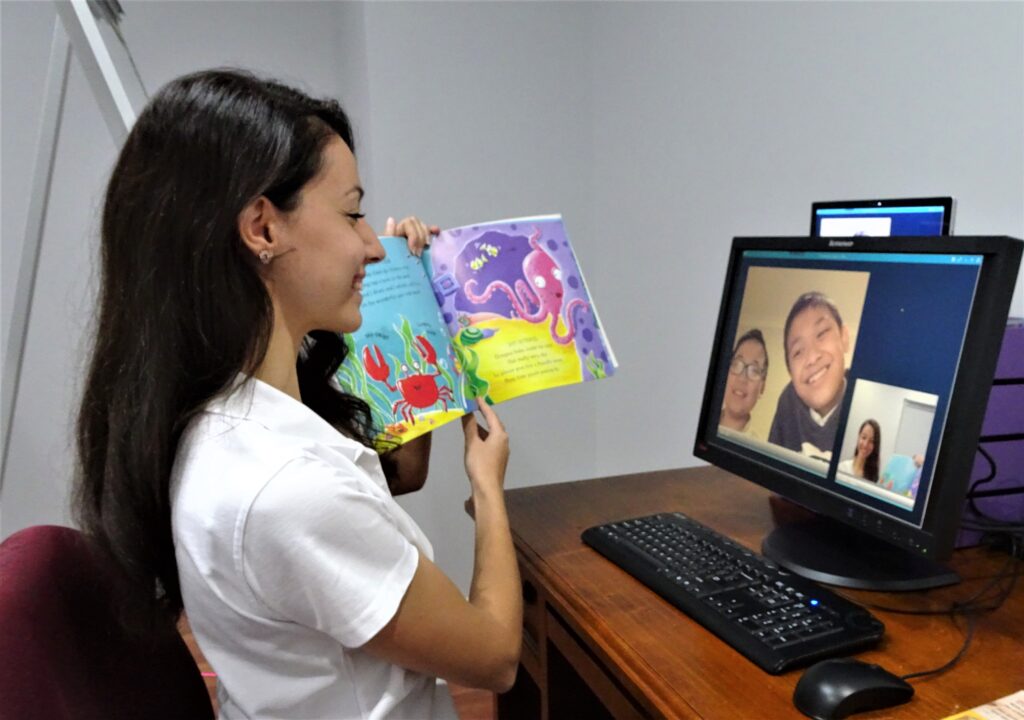
We asked Rebecca to answer a few questions to find out more about her. Check out her answers below!
Why did you become a speech pathologist?
I have a background in working with children with disability, as well as working overseas with disadvantaged young people.
After witnessing my brother undergo brain surgery, I saw first-hand the impact that speech pathologists can have with adults. This inspired me to learn more about speech pathology as a profession.
Tell us about how you work with your customers
I am passionate about assisting caregivers to implement speech and language strategies with their children and adult family members.
Rebecca
My main goal when working with any family is to empower them to feel that they can take over my role and ‘become’ the speech therapist themselves, to the point that I’m only required as needed. I prefer to work in the most fun, and functional ways possible with my customers.
Tell us about your experience
My main experience has been working with children and families in the process of autism diagnosis and short-term speech pathology assessment and therapy supports while they wait for NDIS funding. I also assist adults with disability to access their voice and investigate alternative communication systems and ongoing therapy support.
What’s the most rewarding part of your job?
Having the opportunity to assist others to find their voice and communicate effectively through other communication means. Each success story serves as a powerful reminder of the impact we can have on someone’s life and their quality of life.
Tell us about one of your customer success stories:
I was assigned to work with a young boy with autism who had limited verbal communication skills. He had an augmentative and alternative communication (AAC) device, which enabled him to express his thoughts and needs. However, he hadn’t fully embraced the device and often resorted to nonverbal gestures out of frustration.
I established a strong rapport and built trust with him. I ensured that our sessions were engaging, fun, and tailored to his interests. We played games that required him to use the AAC device to make choices, express preferences, and share information. By making it enjoyable, he became motivated to explore the device and experiment with different buttons and functions.
I also spent time educating his parents on how to best program and use the AAC device with him. As weeks passed, he began using his AAC device more confidently and independently. He has started engaging in conversations, participating in classroom activities, and forming friendships with his peers. These improvements are a testament to this customer’s determination and the power of effective communication support.
Are you looking for support?
Speech Therapy


Accessibility and Inclusivity
We respect and honour Aboriginal and Torres Strait Islander Elders past, present and future. We acknowledge the stories, traditions and living cultures of Aboriginal and Torres Strait Islander peoples on this land and commit to building a brighter future together.
Read more about our commitment to reconciliation

